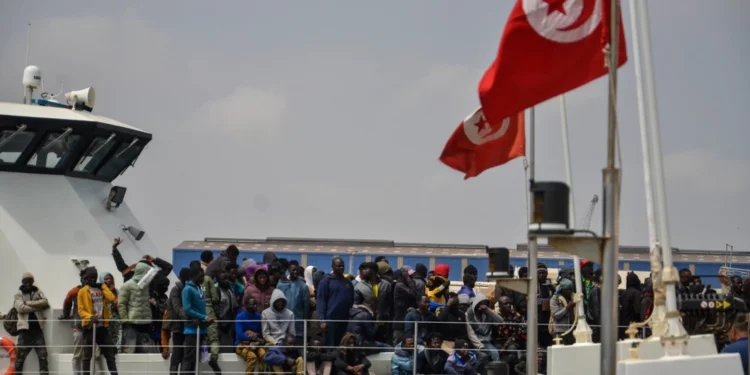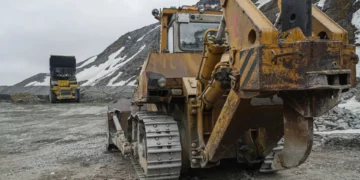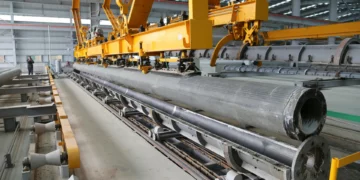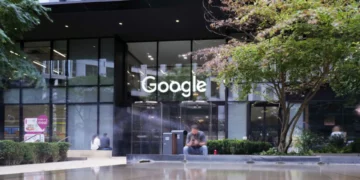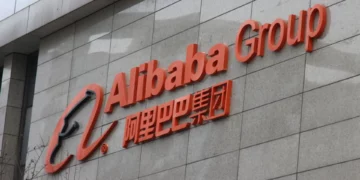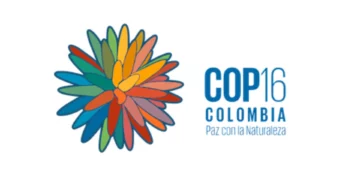The main agenda for the weekend visit of the leaders of the European nations was to restore economic prosperity in Tunisia, which will prevent the migrant outflow from the country
European Commission President Ursula von der Leyen, Italian Prime Minister Giorgia Meloni, and Dutch Prime Minister Mark Rutte visited Tunisia to expedite the process of the International Monetary Fund (IMF) bailout package.
The European Union has intervened in the bailout talks and pledged financial aid to Tunisia. They will provide aid of more than one billion euros to restore the economy. But its focus is on improving border security to control migration from the shores of the European continent.
During the economic crisis, the IMF and the Tunisian government delayed talks for several months. The Tunisian populist President Kais Saied has previously rejected the IMF’s economic change conditions for sanctioning a loan.
A Tunisian rights group has criticised the interventions as blackmail, complaining that it will increase migrant abuse and seal the gates of the European continent for the needy.
Tunisian President Kais Saied made a surprise visit to the coastal city of Sfax, termed the migrant capital, helping people start their boat journeys of crossing the Mediterranean to Italy. He had talks with the families residing over there and also shared pictures of him with small babies on his Facebook page. This gesture conflicted with his previous year’s stance when he delivered a quashing speech allegations on him of eradicating the Arab identity of his country.
The far-right leader of Italy was on her second visit to the North African country this week. The Italian government is facing the brunt of immigrants arriving on small boats from the Mediterranean Sea from North African countries like Morocco, Tunisia, Libya, and Algeria. Italy is geographically the closest European nation to Tunisia and has seen a massive increase in the number of immigrants; the government estimated that more than 400,000 migrants might have entered Italy in 2023.
The main agenda for the weekend visit of the leaders of the European nations was to restore economic prosperity in Tunisia, which will prevent the migrant outflow from the country. Von der Leyen said that they planned on supplying aid of more than one billion euros ($1.7 billion) to improve the financial condition of the country and solve the migrant issue. They are awaiting an agreement to transfer the money and have not mentioned a timeline for when an agreement will be signed.
Such an agreement would not help solve the migration crisis in Europe as the Saied government is unable to tackle the illegal migrants, said the founder of Brussels-based Tunisian think tank Mediterranean Development Initiative, Ghazi Ben Ahmed.
He added that controlling migrants by force of the army and police is not a viable solution. Instead, the EU should have created an extensive development package to prevent immigration. This package should include improving education and economic development to stop migration.
In the package of 1 billion euros, the EU has planned to invest in digital infrastructure, especially high-speed internet services. They also have set aside 300 million euros to develop clean energy from hydrogen and other renewable sources. The plan consists of 100 million euros for developing the Tunisian border management. It involves anti-smuggling operations and search and rescue operations.
Europe has never viewed Tunisia as a nation in dire need of help on the grounds of democratic rights and freedoms. They have seen it as a mere border point of immigration into their countries and supplying resources to curb the migrants from setting foot in Europe, said the Tunisian Forum for Economic and Social Rights (FTDES), which fights for the migrants and has raised questions upon the European aid.
The solution to the migration crisis requires a reconciliation of the border security on the Mediterranean coastline. This will be possible with cooperation on the water boundaries of the nearby countries, Southern Europe and Anatolia in the North, the Levant in the East, and North Africa in the South, said Sofiane Makhloufi, a former Tunisian lawmaker elected to be seated in the Assembly of People’s Representatives in the parliamentary elections of 2019.
He also said that the EU helping an autocratic leader like Saied is not going to solve the migrant crisis. An aid of a few hundred million euro to a dictator will not stop boats from touching the European coastline.
As per expert suggestions, Saied is currently appeasing parts of the citizens with his vote bank politics, and he will agree to a Turkey-style agreement later on. Turkey agreed with the EU in March 2016 and signed a statement of cooperation. This will stop refugees from entering Greece for an exchange of billions of euros as funding.
Fitch Ratings have downgraded Tunisian debt to junk category. This shows a warning of default and further worsening of the already crippled economic condition.


